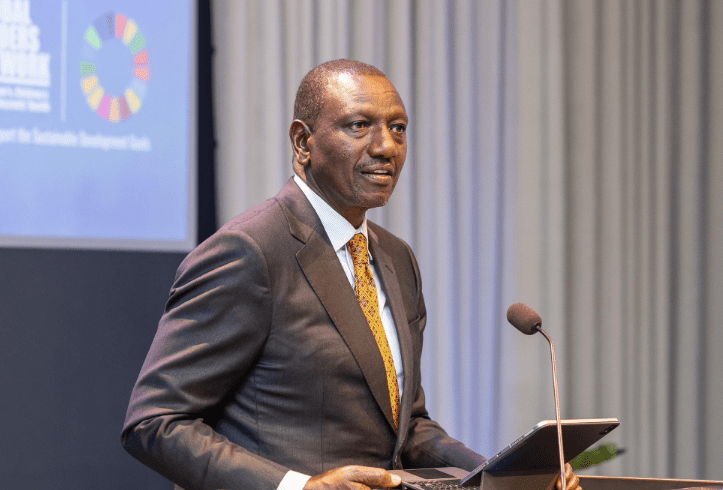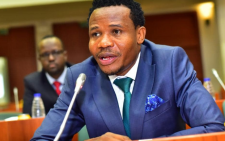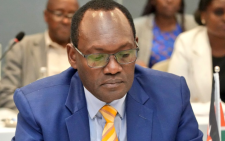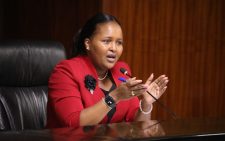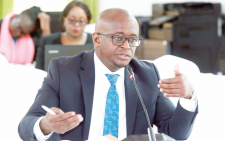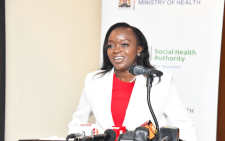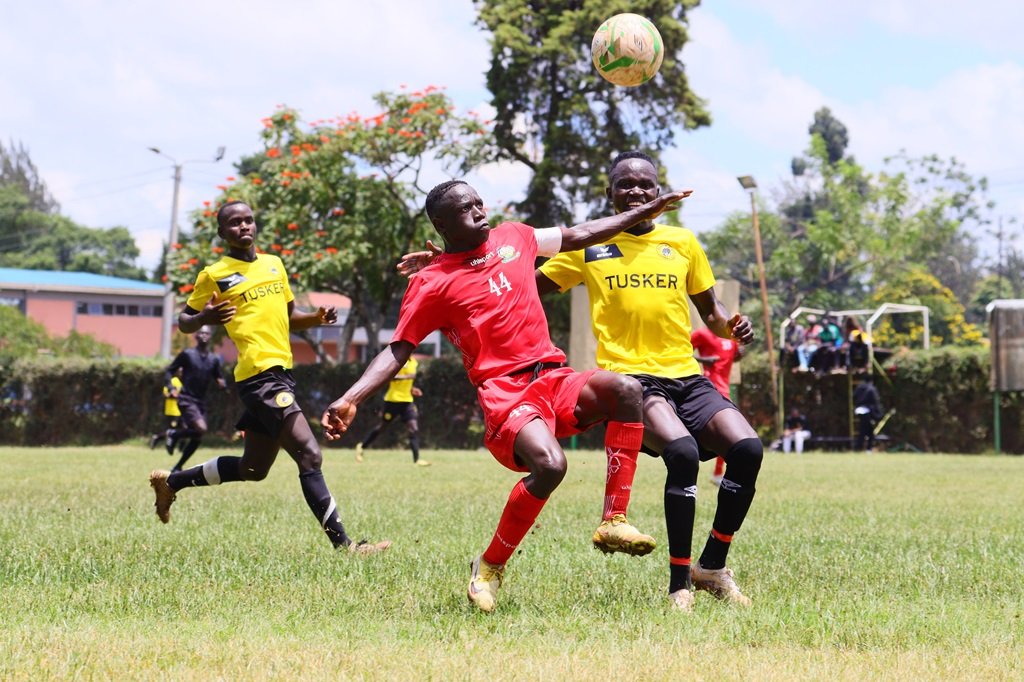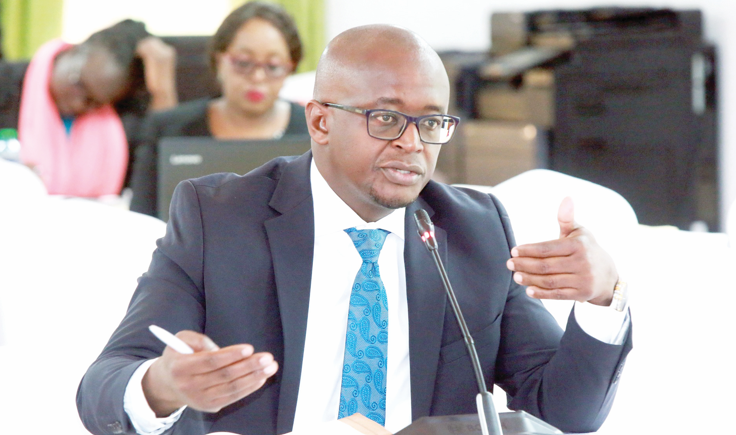Communities from all nations in a deeply divided world are united about one thing – climate change poses the greatest existential danger to humanity and nature.
The climate crisis was on the agenda during the United Nations General Assembly (UNGA) last week as world leaders discussed the most critical global challenges, including conflict and other complex crises such as poverty and inequality. Agreeing to leave no one behind, the leaders recognised the need to act together for the advancement of peace, sustainable development and human dignity for present and future generations, particularly children and the youth.
Under the theme ‘Our Common Future’ private and civil society organisations joined the UN in the ‘Summit of the Future, described as a “once-in-a-generation event to invigorate multilateralism by addressing critical gaps in global governance.” Addressing the leaders, UN SecretaryGeneral Antonio Guterres warned:
“The state of our world is unsustainable due to impunity, inequality and uncertainty. We can’t go on like this. The people of the world are looking at us. Let them find us on the right side of shared values and principles, and on the right side of history.”
As the leaders pondered conflict resolution at UNGA, the climate crisis was identified as a pressing challenge. With UNGA 2024 concluded, attention now turns to the UN Climate Change Conference (COP29) in Baku, Azerbaijan from November 11 to 22. The conference is for the environment what the Olympics and FIFA World Cup are to sports. It is a huge party to showcase and sometimes whitewash the host country.
Human rights record Azerbaijan has questions to answer on its abysmal human rights record relating to the ethnic cleansing of Nagorno-Karabakh when Azerbaijan seized many Armenian hostages. Armenia was its main competitor to host COP29.
Questions have also been raised on Azerbaijan’s petroleum-based economy and repression of its own environmental activists upset at pollution in the Caspian Sea.
Guterres says it’s now climate crunch time when it comes to tackling rising carbon emissions. “We stand at a moment of truth. We are not only in danger, but we are also the danger! But we are also the solution,” the UN chief made an impassioned plea for the world to grasp the solutions in in June. May 2024 was the hottest in history.
Global emissions need to fall nine per cent every year just to keep the 1.5 degrees Celsius temperature rise limit above preindustrial levels alive. Last year they went up by one per cent. The UN World Meteorological Organisation has reported that an 80 per cent chance the 1.5°C limit – the target established in the Paris Agreement in 2015 – will be passed in one of the next five years.
“We are playing Russian Roulette with our planet. We need an exit ramp off the highway to climate hell, and the truth is we have control of the wheel,” said Guterres. “Pulling back from the brink is still just possible, but only if we fight harder. It all depends on decisions taken by political leaders during this decade and especially in the next 18 months.”
The need for climate action is unprecedented but so is the opportunity, not just on climate, but on economic prosperity and sustainable development.
Polluters are rewarded for wrecking the planet. “The fossil fuel industry continues to pocket profits and subsidies while everyday people bear the costs of the climate catastrophe – from rising insurance premiums to lost livelihoods,“ Guterres told world leaders at UNGA.
African nations are more vulnerable. Seven of the 10 countries that are most vulnerable to climate change are in Africa. In 2015, four African countries ranked among the ten countries most affected – Mozambique (1st), Malawi (3rd), Ghana and Madagascar (joint eight position). Equitable climate financing President William Ruto has called on African leaders to go to COP29 in a united voice to push for a new and equitable climate financing mechanism to match the urgency and scale of the climate crisis and adequately address the needs of Africa and other developing nations.
Speaking on the sidelines of UNGA during an extraordinary meeting of the committee of African heads of state and government on climate change, which he chairs, Ruto said: “Meaningful investments in Africa’s resources in renewable energy, sustainable agriculture, green transport and nature-based solutions, are key to ensuring effective climate adaptation. These investments will enable low carbon, climate-resilient development for Africa and the global community. “
Africa must push for an increase in global investment in the energy transition from the current three per cent to effectively support climate adaptation,” he said.
Sefa Ikpa, a Nigerian social justice advocate and development communications expert, says the stakes have never been higher for Africa at COP29.
A new finance deal is crucial for the continent’s survival amid mounting climate impacts. Failure is not an option. Writing in International Politics and Society (IPS) newsletter on economy and ecology, Ikpa says COP29, aptly referred to as the ‘Finance COP’, will be a major moment in global climate action as nations gather to negotiate a new climate finance target to replace the aid pledge made by developed countries in 2009.
Under that agreement, wealthy nations – those most responsible for global carbon emissions – pledged to provide $100 billion annually to help poorer countries both decarbonise and manage the impacts of climate change. “For Africa, COP29 marks a critical turning point. Although Africa contributes only 3-4 per cent of global carbon emissions, it is the most vulnerable region to climate change due to low socio-economic development and limited adaptive capacity,” notes Ikpa.
As a result, Africa is facing increasingly severe climate impacts, such as droughts, floods and other climate-related crises, at a rate that far exceeds the continent’s limited economic and infrastructural capacity to respond, Last year’s COP28 marked important progress with the establishment of the Loss and Damage Fund and the Global Stocktake of climate action.
However, these efforts fell short of delivering a forward-looking, sustainable plan toward the specific needs of developing economies, particularly those in Africa. Accelerate transition Therefore, COP29 presents a critical opportunity for Africa and other climate-vulnerable nations to secure the financial resources needed to accelerate the transition to low-emission, climate-resilient economies.
As African countries present their climate ambitions on the world stage, securing these commitments will be essential for their survival and progress, explains Ikpa. Climate change already devastating vulnerable communities across the continent.
A central objective of COP29 is the establishment of a New Collective Quanti President Ruto called on African leaders to go to COP29 in a united voice for a equitable climate financing President William Ruto speaks when he delivered the National Statement at the UNGA in New York last week.
COURTESY/UN Countries are already working on defining their new national climate pledges, also known as Nationally Determined Contributions, due by 2025.
The UAE Consensus, agreed at COP28, made clear that new national climate pledges must align with keeping global average temperatures b fied Goal (NCQG) on climate finance to replace the$100 billion target, which has proven inadequate to meet the needs of developing nations.
Africa alone is estimated to need $5.8 trillion by 2030 to implement its climate plans, underscoring the urgent need for a new, ambitious finance target that reflects the scale of the challenges facing the continent, she argues.
Developed countries, responsible for much of the historical carbon emissions, must take the lead in mobilizing the financial resources required to help Africa transition to a climate-resilient future. This new target should include sub-targets for mitigation, adaptation, and loss and damage to ensure a holistic approach to climate action. Furthermore, the NCQG must prioritise grants and highly concessional finance to avoid exacerbating Africa’s debt burden – an issue under the $100 billion target, where a significant portion of the climate finance was provided as loans. Africa cannot afford a repeat of this mistake, and financing mechanisms must be specifically designed to meet the unique needs of the continent, cautions Ikpa.
Ruto said Africa needs to continue advocating debt sustainability and reform of the international financial system to ensure climate justice. “As climate-related shocks become more frequent and severe, coupled with high debt servicing, government spending on green resilience is constrained. High interest rates and credit downgrades also make refinancing costly.
Ruto earlier hosted the inaugural steering committee meeting of the African Green Industrialisation Initiative, a platform that brings together African leaders and partners from the finance, industry and philanthropic sectors.
“This initiative is focused on unlocking investments for large-scale, high-impact green industrial and infrastructure projects, and aligns value chains across the continent,” he said.
It will foster collaboration in the implementation of green Industrialisation to drive continental economic transformation.

